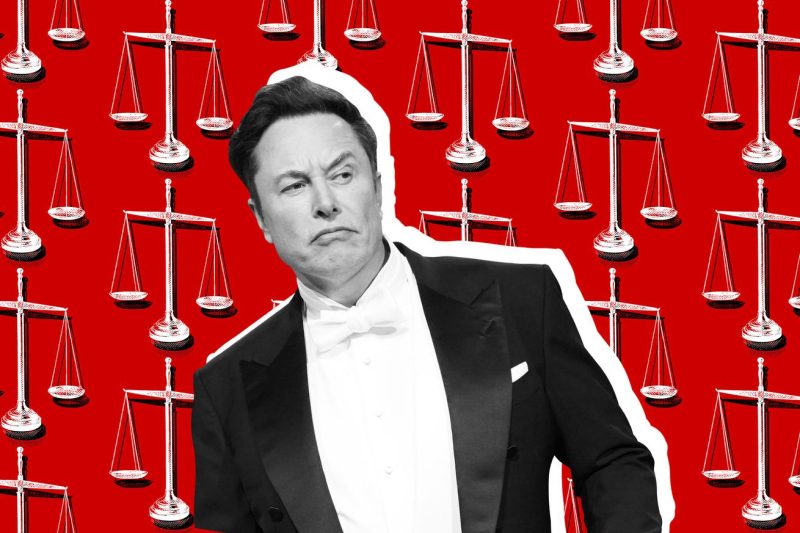Elon Musk Is Offering $1 Million to Vote – What Does This Mean for Democracy?
Elon Musk has once again made headlines, this time offering a substantial reward for simply participating in the democratic process. The tech billionaire, known for his innovative ventures in space travel, electric vehicles, and more, has proposed a unique incentive to encourage voter turnout. While some see this as a generous act that could boost civic engagement, others question the implications of monetizing voting.
On the surface, Musk’s offer of $1 million to one lucky voter may seem like a creative way to motivate people to exercise their democratic right. In an era where voter apathy is a growing concern, especially among younger generations, the promise of a significant cash prize could certainly draw attention to the importance of voting.
However, critics argue that incentivizing voting in this manner raises ethical and logistical challenges. By attaching a monetary reward to voting, some fear that individuals may be influenced by financial gain rather than making an informed decision based on their values and beliefs. Additionally, concerns have been raised about the potential for abuse or exploitation of the system, with some suggesting that such a scheme could lead to increased fraud or manipulation of the electoral process.
Furthermore, the act of monetizing voting could signal a shift towards viewing democracy as a transactional rather than a participatory process. If voting becomes commodified and treated as a marketable commodity, the integrity and legitimacy of the democratic system could be called into question. Democracy relies on the principles of equality, fairness, and accountability, and introducing financial incentives could undermine these foundational values.
In addition to ethical considerations, there are practical challenges associated with Musk’s proposal. How would the winner be chosen? Would the selection process be transparent and free from bias? And what implications would this have for the overall confidence in the electoral system?
While Musk’s offer certainly sparks a debate about voter engagement and the future of democracy, it also raises broader questions about the intersection of technology, wealth, and power in shaping our political landscape. As technology continues to evolve and influence every aspect of our lives, including how we participate in democratic processes, it is essential to consider the implications of incentivizing voting and ensure that any initiatives aimed at increasing voter turnout uphold the principles of democracy.
Ultimately, the debate surrounding Elon Musk’s offer of $1 million to vote highlights the complexities and challenges inherent in modern democracy. While efforts to encourage civic engagement are commendable, it is crucial to balance innovation with integrity, ensuring that the democratic process remains a reflection of the will and values of the people. As discussions around voting incentives continue, it is vital to prioritize transparency, fairness, and democratic principles to safeguard the integrity of our electoral systems.
